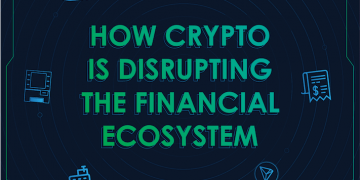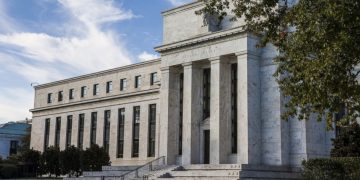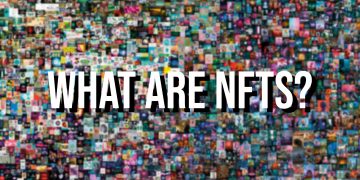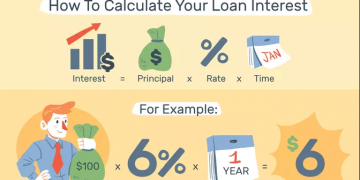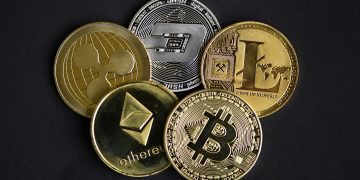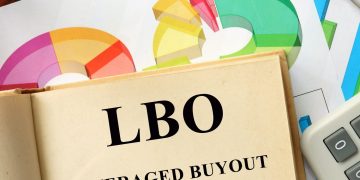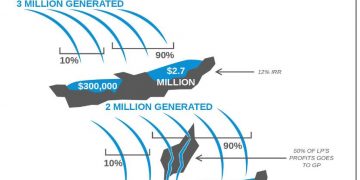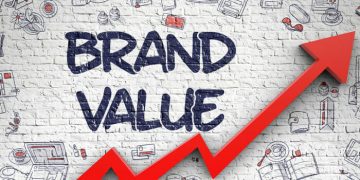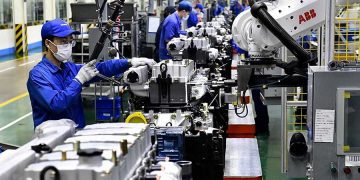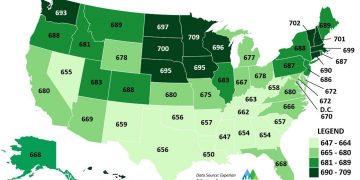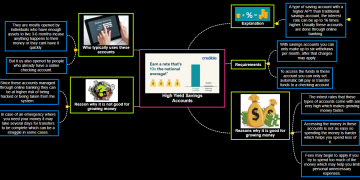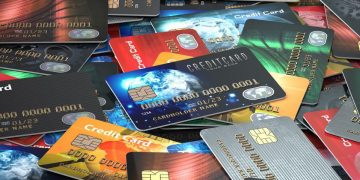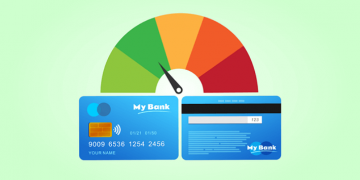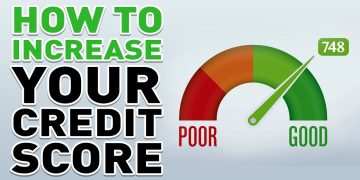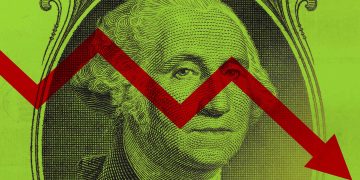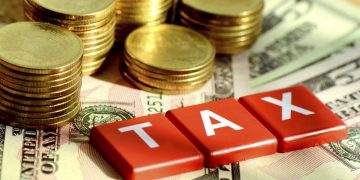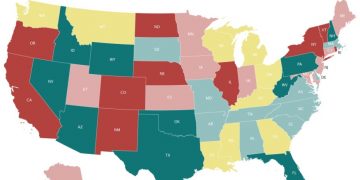Insider purchasing is the point at which a chief, official, or leader purchases partakes in a company they work for. It’s not insider exchanging which alludes to corporate insiders making illicit stock buys dependent on nonpublic data. Financial backers can recognize insider purchasing by searching for chiefs, officials, or leaders who have as of late purchased shares in the organization they work for and utilize this data to choose whether to put resources into that organization too.
At the point when individuals with insider information purchase stocks themselves, it implies that they accept the organization has potential and would merit putting resources into eventually down the line. You can observe the most recent insider exchanges from organization leaders by seeing SEC Form 4 filings.
For instance, to put resources into Microsoft yet doesn’t have a clue how to recognize insider getting, you can just look into the insider exchanges of Microsoft on the Securities and Exchange site and have the option to sort out what fruitful insider purchasing is happening in a specific organization. At the point when corporate insiders purchase shares themselves, it educates a financial backer a tremendous sum regarding their trust in the organization’s latent capacity.
Indeed, insider buys are significantly more significant than insider selling. To recognize insider purchasing, the SEC is an extraordinary spot to begin as they give insider exchanging records and investigation of organizations all over the United States.
What Is Insider Buying?
Insider purchasing, otherwise called insider exchanges, alludes to corporate leaders and individuals from the governing body and chiefs buying partakes in their own organizations. It tends to be a strong sign that insider certainty is filling in the organization’s future possibilities. Countless insider buys could imply that insiders have more prominent knowledge of the organization’s actual worth and its portions, as they have advantaged data not accessible to the overall population.
To qualify as an insider, one includes standing firm on a footing inside the organization, for example, being on the governing body or being associated with significant level activities like a C-level leader. The insider needs to buy shares either straightforwardly from the organization or through open market exchange.
What Are the Benefits?
It is broadly accepted that insider buys show a solid obligation to the organization’s future and can trigger further purchasing by outside financial backers, which could assist drive with increasing stock costs. Assuming insider exchanging action goes down, it might show that they have as of now changed out and areas of now not bullish on the organization.
Thusly, insider purchasing might be a decent mark of insider feeling. Additionally, insider buys are not exposed to a similar SEC detailing necessities as insider selling, making the executives’ intentions harder to recognize and giving better insurance to financial backers.
When putting resources into organizations that insiders trade), (it ought to be noticed that insider exchanges address just one snippet of data. Financial backers ought to likewise consider the nature of insider exchanges.
For instance, assuming a few organization insiders purchased their very own lot stock on different occasions over a brief period, it might recommend that they had insider information on something negative with regards to the organization. An exhaustive investigation into insider exchanging movement and insider exchanges can assist financial backers with choosing whether to put resources into organizations that insiders have been trading.
As insider purchasing has many advantages for the financial backer, insider exchanging systems are broadly utilized by momentary financial backers attempting to benefit from insider activity dependent on their insight into insider exchanges.
Why Investors Care About Insider Buying
For what reason do financial backers think often about whether or not a chief purchases stock in their organization’s stock? Insider purchasing could flag an effective organization. This is on the grounds that insiders are viewed as specialists in the organization and have data that makes them mindful of what may occur.
For instance, assuming purchasers realize that their organization is going to deliver another item, insider purchasing would demonstrate trust in the item and the actual organization. Insider purchasing can likewise be a sign of insider trust toward future economic situations. Notwithstanding, insider exchanging is illicit, making insider purchasing not generally so obvious as it might appear to an external financial backer.
Insider purchasing by insiders could mean their trust in organizations is high, and they will back up their certainty with their own cash. Insider purchasing could likewise flag that insider trust in the organization is high and that they will back up their certainty with their own cash.
Possible Disadvantages
Insider purchasing isn’t a decent sign all of the time. Insider selling can likewise flag insider trouble. At the point when insider selling exceeds insider getting, it is awful information for the stock. Assuming that a chief insider sells out their position, yet no insider purchases extra offers, it is a warning for financial backers.
There have been cases in which insiders benefitted from selling stock during seasons of monetary difficulty a brief time frame before costs fell. Assuming there is a far-reaching deal by numerous chiefs around a similar time, it is possible that they have obtained insider information on monetary difficulties.
Insider purchasing can be dishonest since the insider could have insider data and right now realize that the stock is set to ascend in esteem. Financial backers should in any case verify whether organization insiders are trading en masse.
At the point when an organization insider trades, insider exchanging is called insider exchanging. While it isn’t illicit for a chief to trade the organization insider, any significant insider trading movement ought to be inspected by a financial backer with information on insider data. Insiders are not needed to unveil their exchanges, so financial backers should remain watchful.
Insider exchanging is an insider trading exercise that abuses an insider’s obligation of trust or certainty to the investors of an enterprise. Insider data can give the insider a major benefit over standard financial backers, which they are committed by law not to overlook. An insider should keep up with secrecy about any inside data so it doesn’t influence market costs. Insider exchanging could prompt insider purchasing, which prompts insider selling, with a greater expense for investors.
Insider exchanging is the trading of an organization’s stock dependent on inside data which hasn’t been revealed to the contributing public. Insider exchanging can happen when individuals like organization chiefs, officials, or workers exchange utilizing the information they are prohibited from offering to different financial backers. Insider exchanging can happen anyplace from a couple of days to half a month prior to the insider exchange being declared in an insider documenting. Consequently, it is significant for individuals who put resources into organization stocks to know insider data could influence what they trade.
The Role of Insider Buying in Short-Term Investing
Transient insider purchasing is viewed as the significant financial backers that have been hanging tight while taking into account whether to put in a purchase request on some random organization’s portions. Now, selling has effectively arrived at its pinnacle, and insider purchasing signals that it very well may be an ideal opportunity to consider submitting a request before the stock’s value keeps on appreciating.
The officials, chiefs, significant investors (5%+ of offers extraordinary), and any individual who is a piece of the organization’s board. Insiders should report their exchanges to administrative offices like the Securities and Exchange Commission (SEC), which scientists can use to decide if an insider has traded portions of their organization’s stock as of late.
Insider purchasing is regularly considered to be a positive sign for the market. Assuming that they purchased in critical amounts, they are reasonable genuinely sure about its momentary execution. On the off chance that various insiders purchase at the same time, the feeling might have been impacted by ongoing advancements, for example, an outstanding item send-off or new associations and agreements.
Insider selling happens when insider purchasing is at its pinnacle, which might prompt better returns for transient financial backers. In any case, it’s generally past the point of no return when insider selling is at its pinnacle. Financial backers should screen insider patterns as they can show where the stock will go later on.

